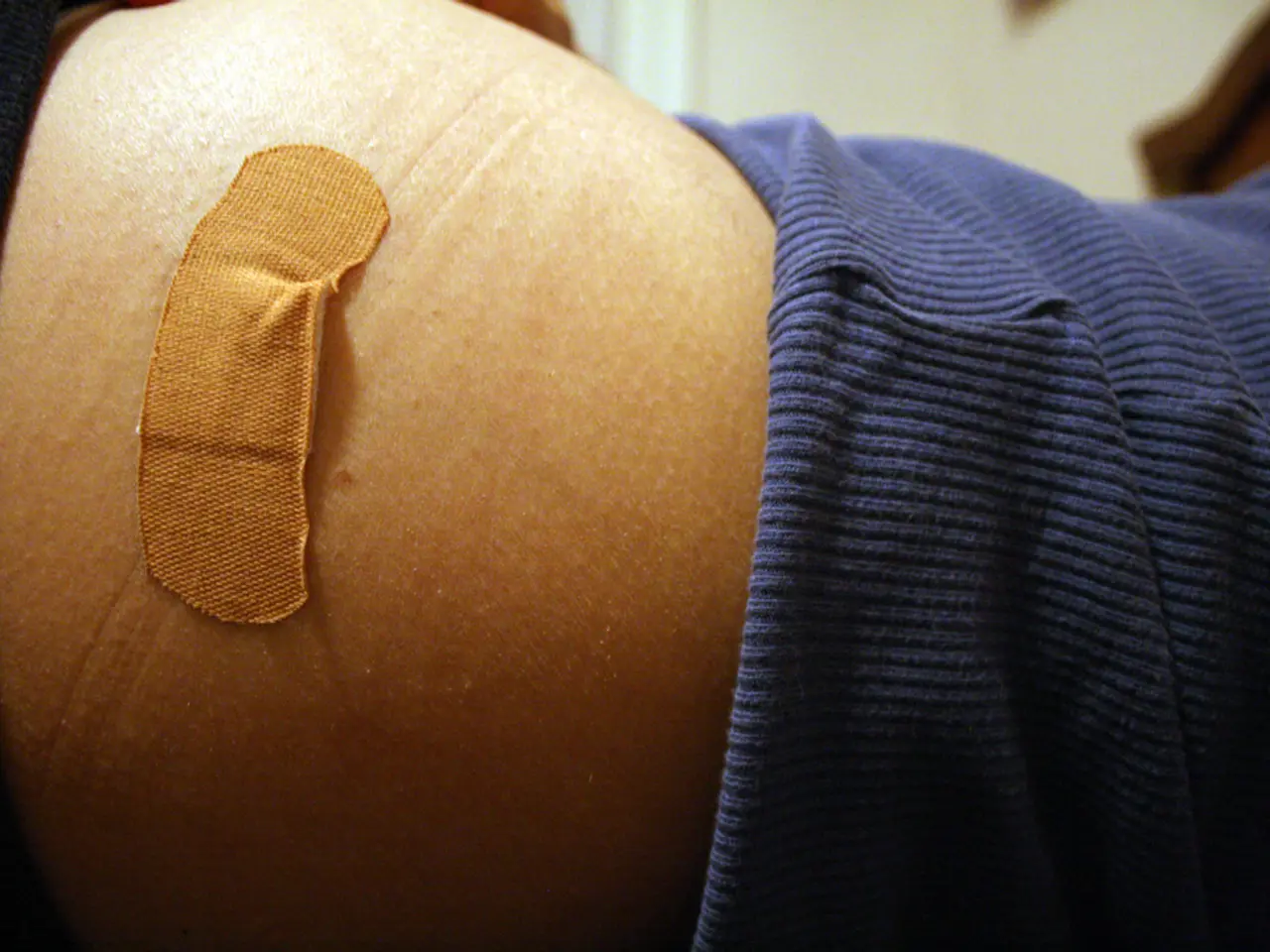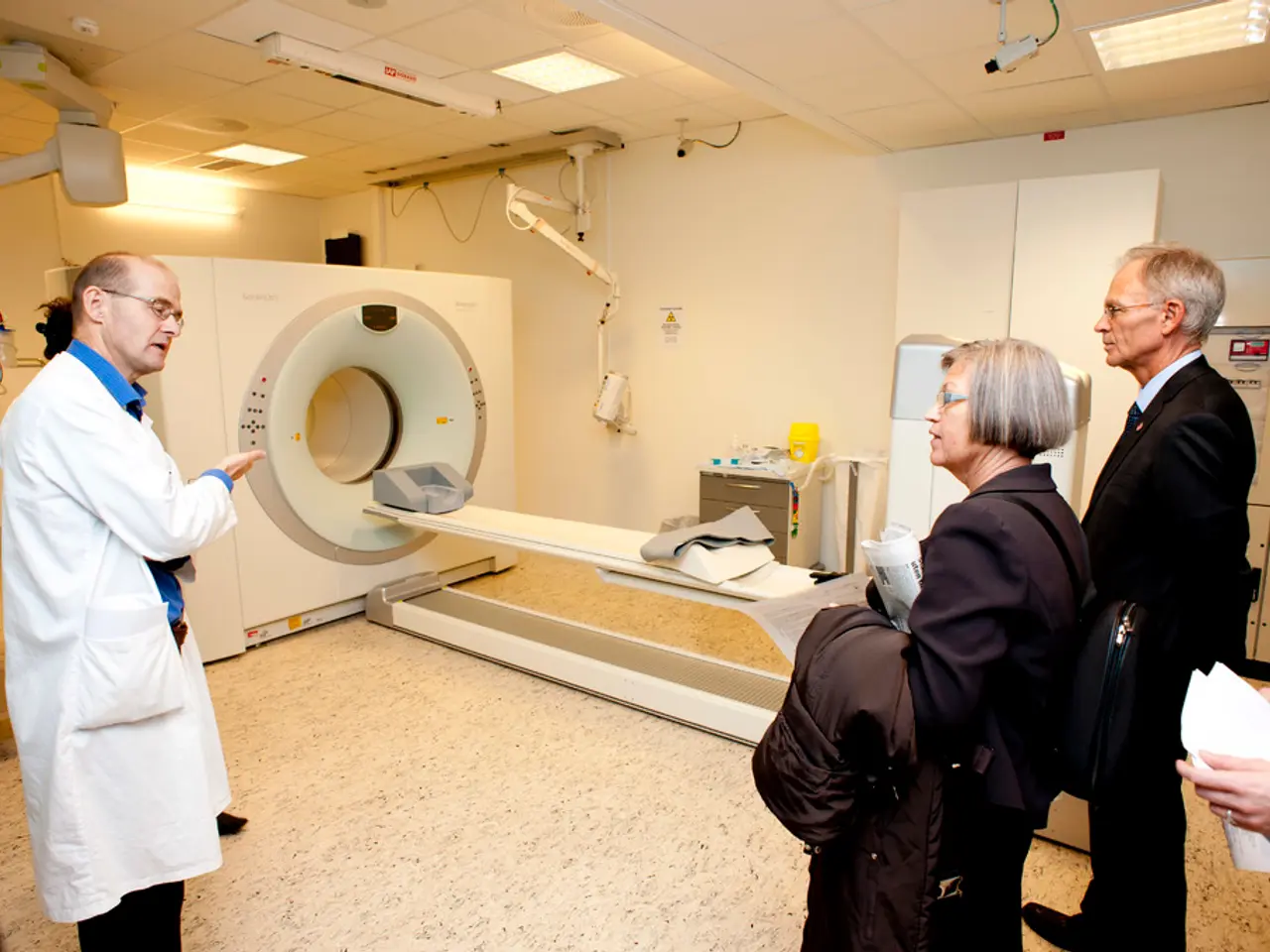Warning Signs of Persistent Negativity: Identifying and Managing Negative Influences
Exercising after a blood test may seem like a routine part of daily life for many people, but it's important to be aware that physical activity can impact the accuracy of certain blood test results. This article provides a comprehensive guide on exercising after a blood test, offering practical advice to help maintain the reliability of test outcomes.
One of the key factors to consider is the effect of exercise on biochemical markers, such as cholesterol levels. Intense physical activity can temporarily elevate blood components, potentially leading to false high readings if the test is conducted shortly after exercise. This disruption occurs due to physiological changes triggered by exercise, including increased release of stress hormones and metabolic byproducts like lactate, which can influence test results.
When it comes to timing, experts advise avoiding heavy exercise for at least 12 to 24 hours before a cholesterol test to prevent skewed results. The post-test exercise window is less defined, but it is generally prudent to minimize intense activity immediately after blood sampling to maintain consistent biochemical markers for subsequent tests.
It's essential to consult a healthcare provider to determine how long to wait before exercising after a blood test, as the nature of the test may affect the recommended exercise level or rest period for accurate results. In general, it's recommended to plan to rest from heavy exercise at least half a day before and several hours after your test.
Warming up and cooling down before and after exercising is also crucial to help maintain blood sugar levels and energy. Eating a small snack before exercising can help in this regard, while wearing appropriate clothing and shoes, including comfortable, breathable clothes and proper footwear, is important for overall comfort and safety.
In summary, exercising after a blood test can impact the accuracy of certain test results, particularly for markers like cholesterol levels. To ensure the most reliable blood test outcomes, it's essential to follow a healthcare provider's instructions, pay attention to your body during exercise, stay hydrated, and plan to rest from heavy exercise at least half a day before and several hours after your test.
1) Incorporating science and health-and-wellness practices, warming up and cooling down before and after exercising can maintain blood sugar levels and energy, benefiting individuals during and after a blood test, ensuring accurate test results.
2) A comprehensive guide on exercising after a blood test would include advice on fitness-and-exercise timing, considering the effect of exercise on biochemical markers like cholesterol levels, with experts advising avoiding heavy exercise for at least 12 to 24 hours before a cholesterol test.




